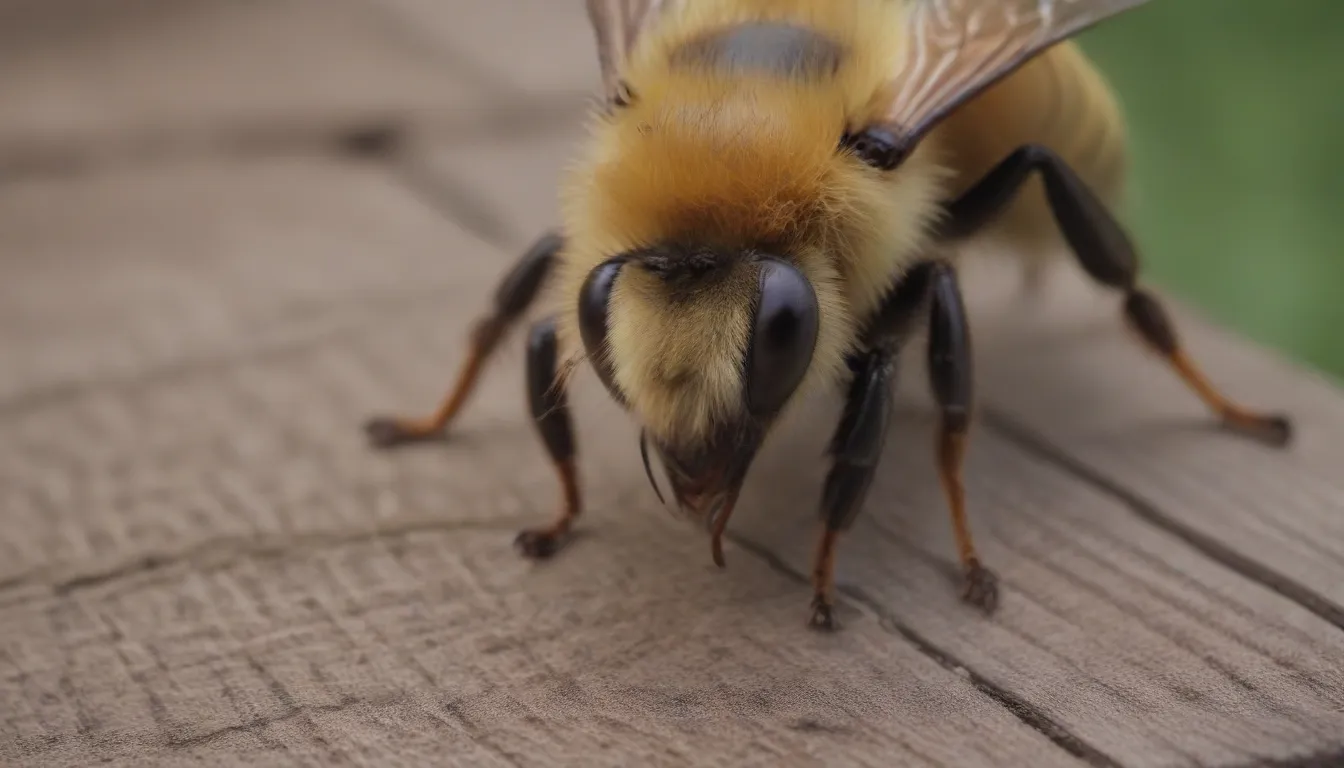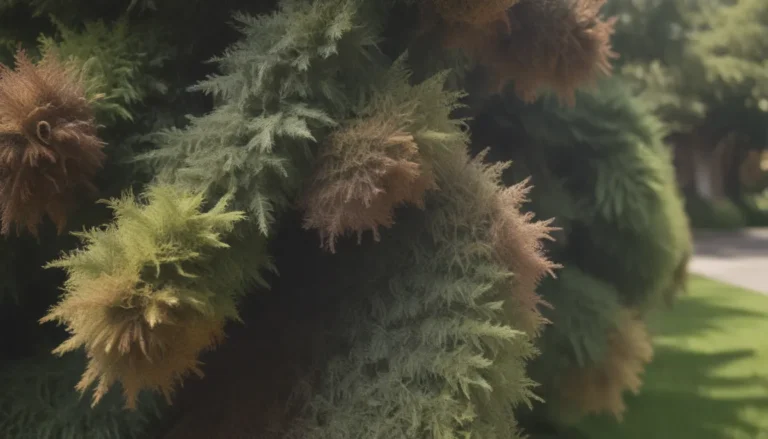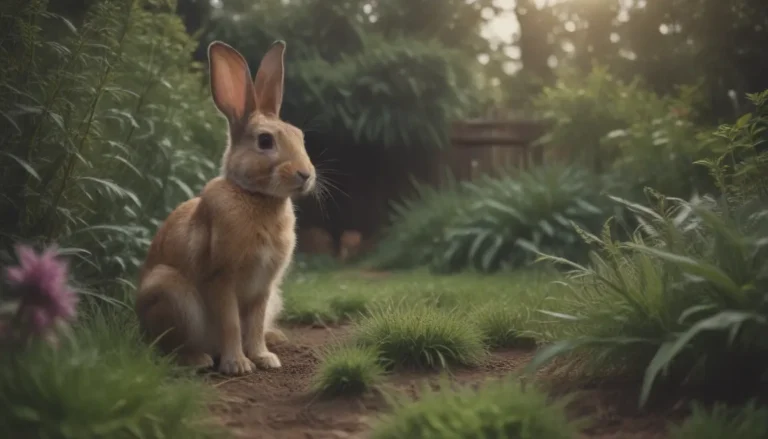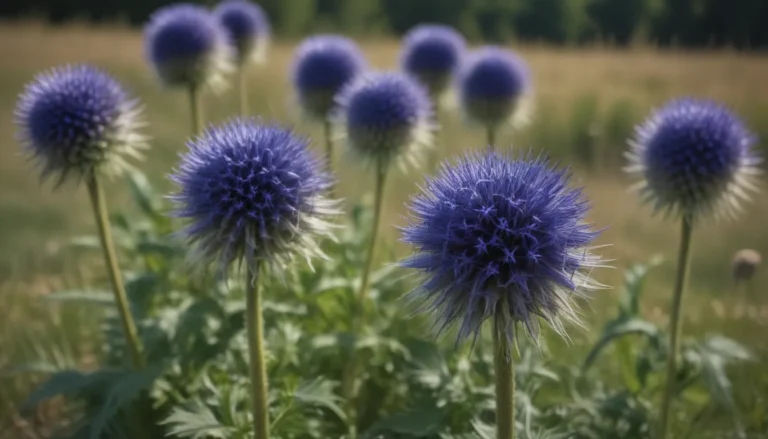How to Safely Get Rid of Bees Outside: 10 Effective Ways to Keep Them Away

Bees are incredible creatures that play a crucial role in pollination, but having too many buzzing around your outdoor space can sometimes be a bit overwhelming. Whether you’re hosting a backyard barbecue, enjoying a sunny day by the pool, or just trying to maintain your garden, it’s important to find ways to keep bees at bay without causing them harm. In this comprehensive guide, we’ll explore a variety of practical and eco-friendly methods to help you create a bee-free zone in your yard.
Why It’s Important to Safely Deter Bees
Before we dive into the specific strategies for keeping bees away, let’s talk about why it’s essential to do so in a safe and humane manner. Bees are vital pollinators that contribute to the health and biodiversity of our ecosystems. By employing bee-friendly tactics to deter them from certain areas of your yard, you can protect both these beneficial insects and yourself from potential harm.
1. Add Plants That Naturally Repel Bees
One effective way to discourage bees from congregating in specific areas of your garden is to plant species that they find unappealing. While bees are naturally drawn to fragrant flowers rich in nectar, certain plants with strong scents can act as a natural deterrent. Consider adding the following bee-repelling plants to your outdoor space:
- Mint
- Marigolds
- Eucalyptus
- Garlic
- Lemongrass
- Citronella
These plants emit odors that bees find off-putting, making them less likely to linger in those areas of your yard.
2. Spray a Vinegar Solution
Vinegar is a versatile and environmentally friendly solution for deterring bees and other pests. By mixing equal parts of diluted vinegar and water in a spray bottle, you can create a natural repellent that won’t harm humans or plants. Simply spray the vinegar solution around the areas where bees are most active to discourage them from sticking around.
3. Hang Mothballs
Mothballs are not just effective at repelling moths—they can also help keep bees at bay. To use this method, place mothballs in a cloth bag or pantyhose and hang them in areas frequented by bees. The noxious scent of mothballs is unpleasant to bees, encouraging them to steer clear of your property.
4. Keep Food and Drinks Covered
Bees are naturally attracted to sweet scents, particularly those emanating from sugary foods and beverages. To prevent bees from swarming around your outdoor gatherings, make sure to keep all food and drinks covered when not in use. Opt for containers with tight-fitting lids to minimize exposure to tempting treats.
5. Avoid Certain Colors in Decor
Bees have specific color preferences that can influence their behavior. While they can’t see the color red, bees are attracted to hues on the green, blue, and ultraviolet spectrum. To deter bees from congregating in specific areas, consider avoiding furniture and decorations in shades of blue, violet, or green.
6. Relocate the Hive
If you suspect that bees have established a hive on your property and their presence is becoming a nuisance, it may be necessary to seek professional assistance. Contact a licensed bee removal expert to safely relocate the hive and mitigate the risk of bee-related incidents in your yard.
7. Enhance Your Outdoor Environment
In addition to the specific strategies mentioned above, there are a few additional steps you can take to make your outdoor space less inviting to bees:
- Incorporate bee-deterring plants with strong scents like thyme and lavender.
- Place decoys or visual deterrents, such as fake wasp nests, in areas prone to bee activity.
- Keep your outdoor spaces clean and free of food debris that could attract bees.
8. Educate Yourself About Bees
Understanding the behavior and habits of bees can help you devise effective strategies for managing their presence in your yard. By learning more about these fascinating creatures, you can make informed decisions about how to coexist with them harmoniously.
9. Support Bee Conservation Efforts
While it’s important to protect your outdoor space from unwanted bee encounters, it’s equally crucial to support the conservation of these vital pollinators. Consider planting bee-friendly gardens, avoiding the use of harmful pesticides, and advocating for bee-friendly policies in your community.
10. Seek Professional Assistance When Necessary
If you’re unsure how to address a bee-related issue on your property or if you encounter a large swarm or hive, don’t hesitate to seek help from experienced beekeepers or pest control professionals. They have the expertise and equipment to handle bee situations safely and effectively.
By implementing a combination of these tactics and maintaining a proactive approach to bee management, you can create a peaceful and bee-free outdoor environment for yourself and your loved ones. Remember, the goal is not to harm bees but to coexist with them in a way that benefits both humans and these valuable pollinators. Happy bee-proofing!





